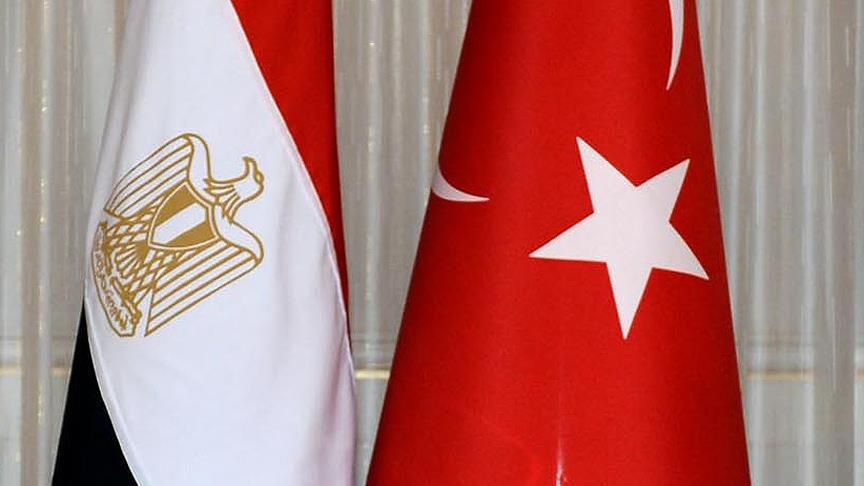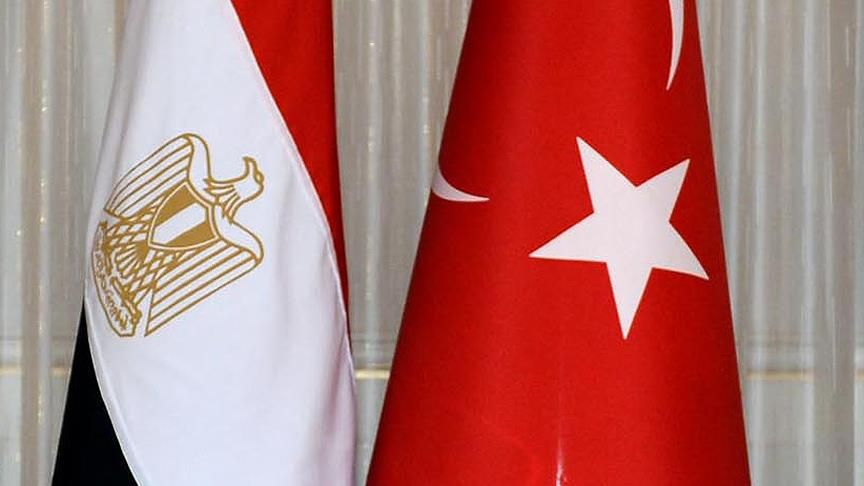Address
304 North Cardinal St.
Dorchester Center, MA 02124
Work Hours
Monday to Friday: 7AM - 7PM
Weekend: 10AM - 5PM
Address
304 North Cardinal St.
Dorchester Center, MA 02124
Work Hours
Monday to Friday: 7AM - 7PM
Weekend: 10AM - 5PM


On April 10, Egyptian Foreign minister Sameh Shukri (rendered Sami Şükrü in Turkish) had a phone conversation with Mevlüt Çavuşoğlu, his Turkish counterpart extending him his well wishes for the start of the Ramadan. This conversation was one of the latest diplomatic steps that took place between Egypt and Turkey and that point towards a gradual and tentative rapprochement between Turkey and Egypt in recent times. There was little to no contact between these two countries ever since Egypt’s Abdel Fattah al-Sisi staged a coup that toppled the democratically elected Morsi government in 2013.
Recep Tayyip Erdoğan and the AKP government were one of the strongest backers of the Egyptian Muslim Brotherhood, which gained the reins of power in Egypt in 2012 after Egypt’s first democratically held election, which took place after the Egyptian Revolution that put an end to the Mubarak regime in 2011. Erdoğan even made a trip to Egypt in September 2011, playing the part of a role model for Egypt in reconciling “Islamic values” with democracy, while also trying to use his personal image as one of the leading figures of the Muslim world. Things swiftly took a different turn, however, when the Egyptian General Abd al-Fattah al-Sisi toppled the Morsi government at the beginning of July 2013 as a result of a military coup, and cracked down on the Muslim Brotherhood, labeling it a “terrorist organization.”
Turkey’s, or to be more accurate, Erdoğan’s reaction to this turn of events was swift. Erdoğan, who had himself been face to face with massive public demonstrations against his regime since June 2013, condemned Sisi’s coup in the harshest possible terms and cut almost all diplomatic ties with Egypt. Meanwhile, members of the Muslim Brotherhood who fled Sisi’s crackdown found a safe haven in Turkey. Erdoğan also instrumentalized the Egyptian coup and its aftermath for his own needs domestically. For instance, he adopted the famous “rabaa” (“rabia” in Turkish) hand gesture, which became the symbol of a massacre perpetrated by the Sisi government in the Rabaa al-Adawiya Square of Cairo on August 14, which resulted in the death of more than 600 Muslim Brotherhood supporters, who were staging a sit-in in protest of the military coup. Moreover, Erdoğan used the figure of Sisi and the Egyptian coup as a way to shore up his electoral support, even going as far as labeling some of his opponents as supporters of Sisi. The most famous example of this came when Erdoğan equated Ekrem Imamoğlu, who was then a mayoral candidate for Istanbul in the 2019 local elections, with the Egyptian general and asked the constituents whether they were going to vote for “Sisi” in the elections as opposed to his own candidate, Binali Yıldırım.
Since 2013, the diplomatic ties between Turkey and Egypt were mostly in a stand still. Things started to change, however, in the past year, mostly as a result of Turkey’s diplomatic isolation in the Eastern Mediterranean. It has been reported, for instance, that low-level contacts between the intelligence services of the two countries had resumed. One of the first “open” steps towards establishing better relations between the two countries came from Cairo, as the Sisi government made a point of taking into consideration Turkey’s concerns in the Eastern Mediterranean while signing a naval delimitation agreement with Greece in August 2020. This step was received positively on the Turkish side and Turkey responded by allegedly ordering the Muslim Brotherhood-affiliated TV channels stationed in Turkey to tone down their rhetoric against the Sisi government. Egypt, however, demands more concrete steps to fully normalize its relationship with Turkey.
On March 12, a journalist from the Egyptian al-Watan newspaper, Ahmad al-Hatib, who is known to be close to the Sisi government, listed 10 pre-conditions that Sisi government put forward for Egypt to come to an agreement with the Turkish government. These included banning all Muslim Brotherhood activity in Turkey, Turkish withdrawal from northern Syria and Libya, and Turkey coming to an agreement with Greece and Cyprus in the Eastern Mediterranean. It is highly unlikely that the Turkish side would accept these conditions. Nevertheless, the fact that Erdoğan and the Turkish officials toned down their rhetoric against the Sisi regime and the recent direct contacts between Mevlüt Çavuşoğlu and Sameh Shurki point towards a gradual and tentative rapprochement between the two countries in the future.